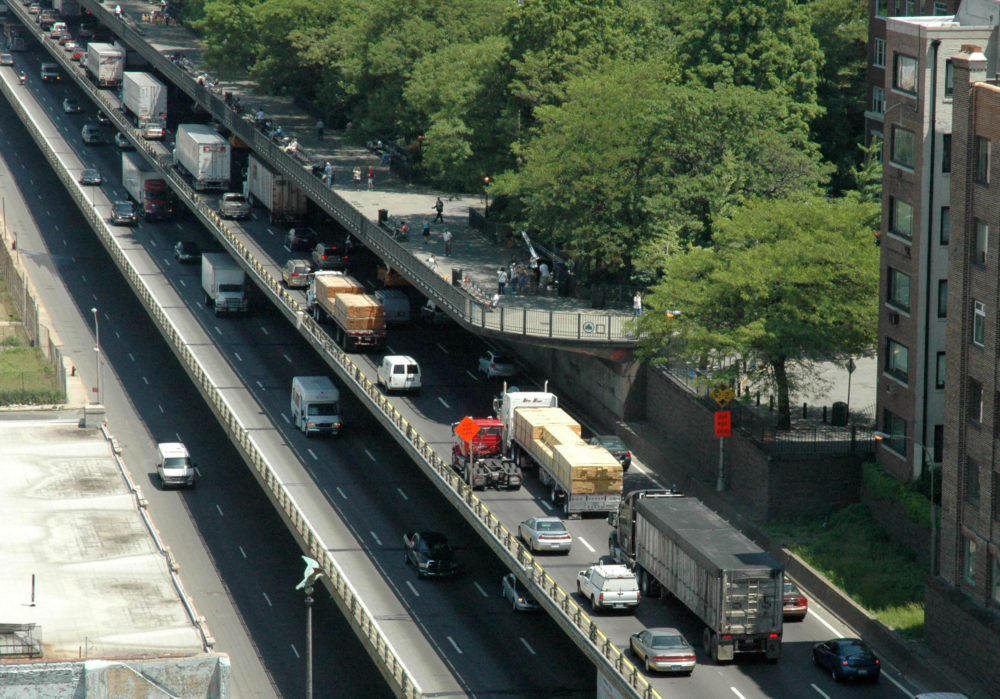Congestion pricing is approved. What does that mean for Brooklyn?
Could reduce congestion and remake MTA, but small businesses worried

After years of debate, congestion pricing in New York City was approved in the $175 billion 2020 budget hashed out by the state legislature and Gov. Andrew Cuomo on Sunday.
Cuomo touted the measure, which has been discussed since the days of Gov. Nelson Rockefeller, as a means of funding and reforming the MTA and reducing congestion on crowded Manhattan blocks below 60th Street.
Transportation advocates have long backed congestion pricing, which would cut back on traffic into Manhattan. Downtown Brooklyn and Brooklyn Heights organizations have supported congestion pricing as a means of reducing pollution and traffic via the decrepit BQE, in light of its upcoming massive reconstruction.

Brooklyn Boro
View MoreNew York City’s most populous borough, Brooklyn, is home to nearly 2.6 million residents. If Brooklyn were an independent city it would be the fourth largest city in the United States. While Brooklyn has become the epitome of ‘cool and hip’ in recent years, for those that were born here, raised families here and improved communities over the years, Brooklyn has never been ‘uncool’.